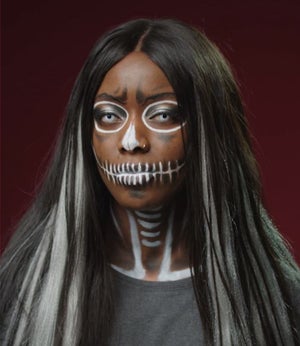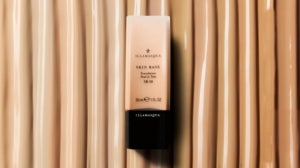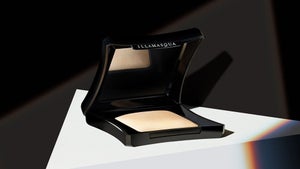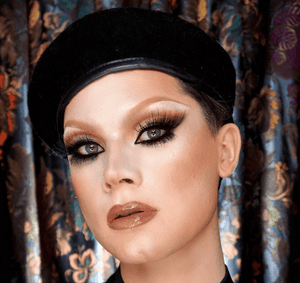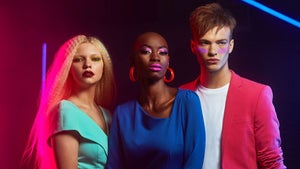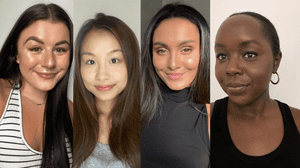
To celebrate Black History Month, we’re focusing on the colossal growth and social importance of the black beauty industry. Globally, black women invest over £4.8 billion on beauty products and services every year. According to the IPA, black British women spend a massive six times more on hair products than their white counterparts.
With this in mind, we’re rightfully celebrating the strong black women who defied social and racial perceptions to make revolutionary breakthroughs and significant influences on the beauty industry, from the likes of Madam C.J. Walker to the phenomenal Iman.
Annie Malone
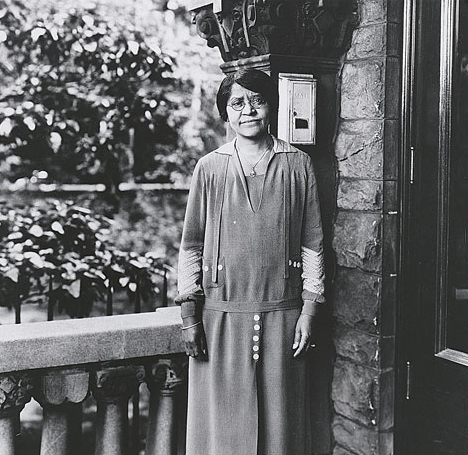
During the late 19th century, Chemist and Entrepreneur Annie Malone discovered a way to chemically straighten textured hair without damaging the scalp and hair follicles. She went on to develop a range of hair care products, including the original ‘Wonderful Hair Grower’. Malone hired three employees to execute her business plan, grow sales and help demonstrate how her products worked. During this time racial discrimination was at a high and, as black women were denied access to any traditional distribution systems, they were forced to sell products door-to-door. By 1910, distribution had expanded nationally.
Eunice Johnson
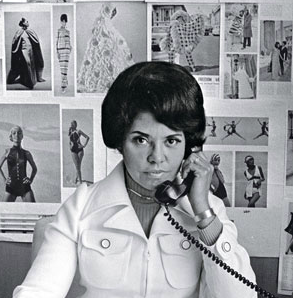
In 1958 black beauty pioneer, Eunice Johnson, organised an annual fashion event for black Americans: the Ebony Travelling Fashion Fair. Noticing a distinct lack of foundation and complexion products for the black models attending the event she, along with the support of her husband, began creating cosmetics for the models in their shows. In 1973 she launched Fashion Fair Cosmetics, which has since grown into the world’s largest black-owned beauty brand.
Madam C.J. Walker
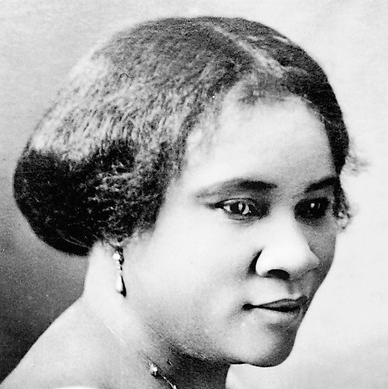
The first self-made female millionaire in America and a marketing magician, Madame C.J. Walker transformed every black woman’s beauty haircare routine when she released ‘Madam Walker’s Wonderful Hair Grower’. This product focused on preventing stress and hygiene-related scalp disease. It has since been argued that this was a fraudulent imitation of her former co-worker's (Annie Malone) initial invention. This product eventually rose to great success after Walker stated: “There is no royal flower strewn path to success. And if there is, I have not found it, for whatever success I have attained has been the result of much hard work and many sleepless nights.”
Christina Jenkins
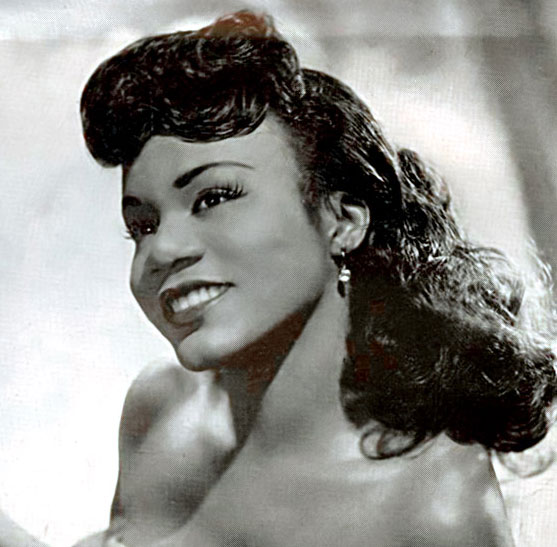
In 1950 Christina Jenkins invented the hair-weaving method, still used worldwide by millions of women today. She later received a patent for her technique in 1951. Before Jenkins introduced this method, weaves were temporary and often attached to the natural hair using pins. Jenkins’ method offered a long-term alternative for hair weaves, changing the game for African-American hairstyling and setting the foundation to achieve today’s modern methods of hair weaving.
Iman Mohamed Abdulmajid
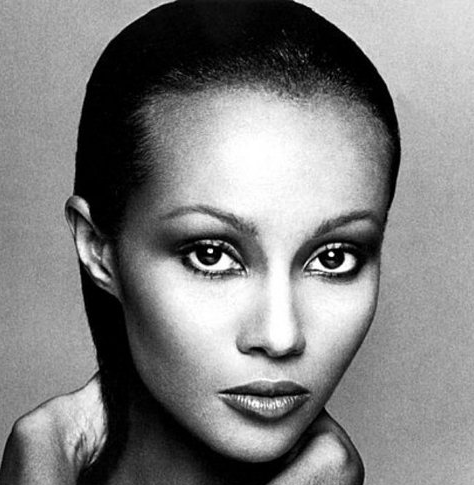
Fashion model, actress and pioneer in the black cosmetics industry, Iman would often mix her own formulations for makeup artists to use on her. In 1994, Iman Cosmetics was born and remains one of the most successful beauty brands for dark skin worldwide. From the very beginning of her career in 1975, Iman challenged the notions of mainstream ‘beauty’, bringing black models and diversity to the forefront of the fashion and beauty industry.
WHERE DO WE STAND?
Illamasqua defies trends and traditions. We set out to make professional makeup accessible for all skin tones on the high street. We’re always working harder to improve our offering across products to suit all skin tones.
We’re here to celebrate individuality, diversity and uniqueness. You are beauty.

Related Articles


